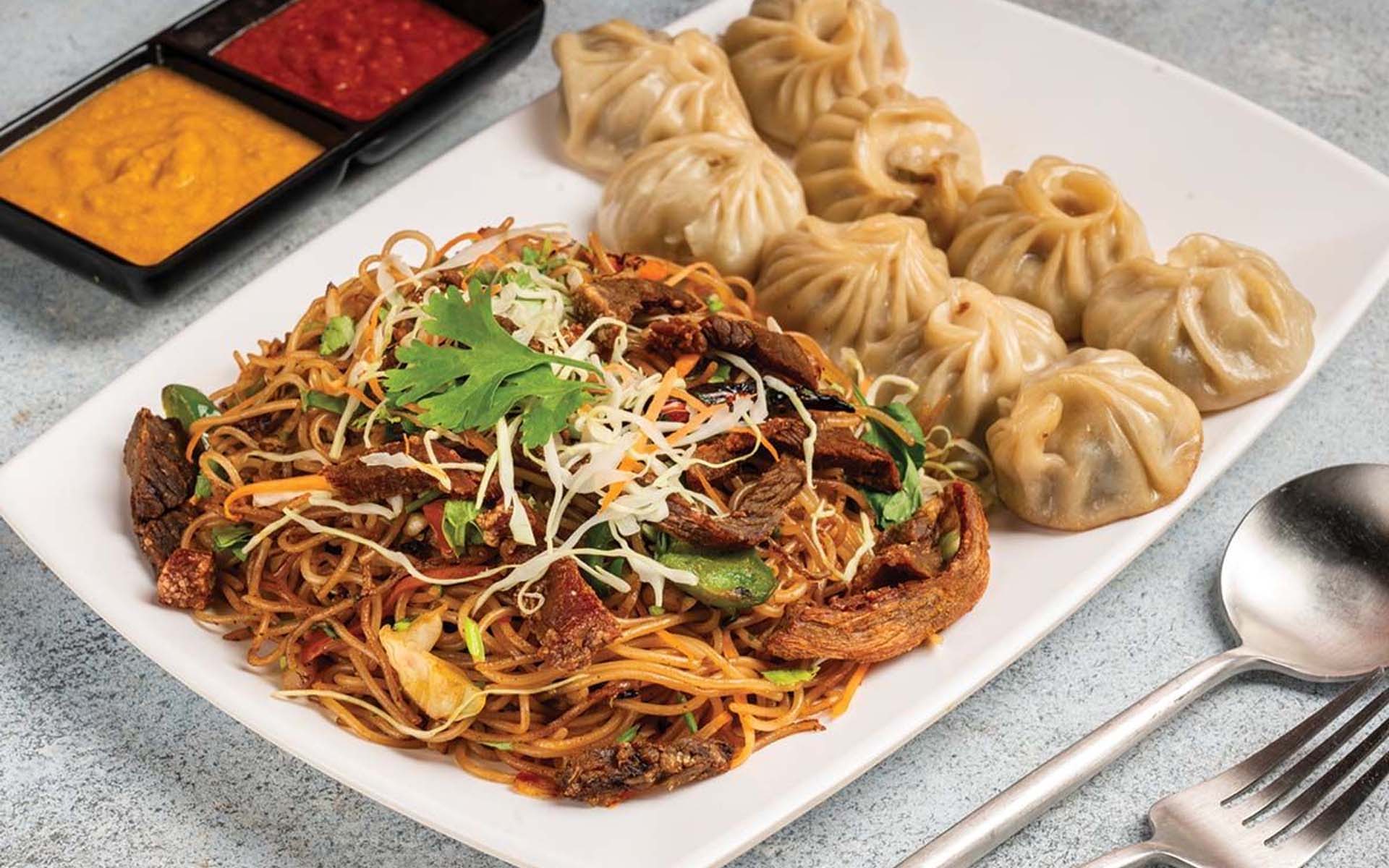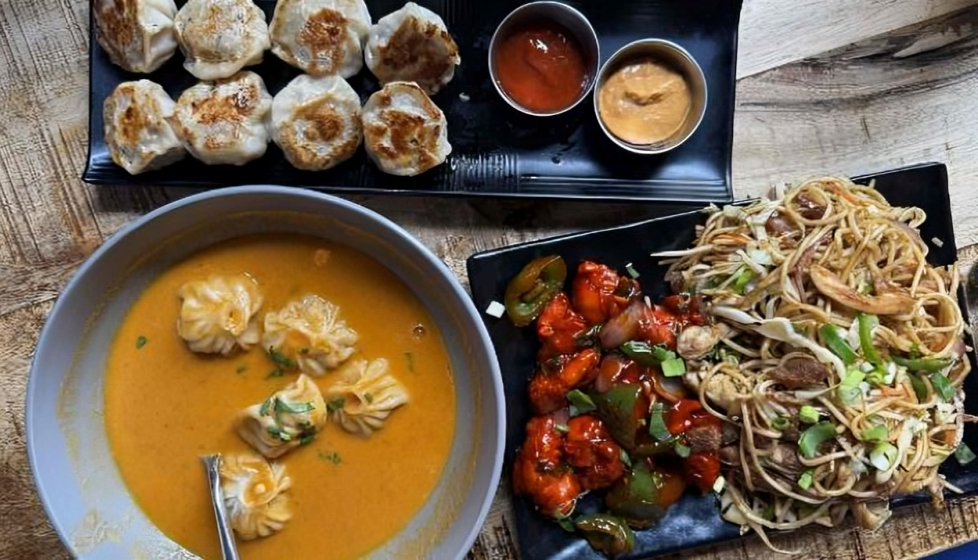
The United Arab Emirates stands as a beacon of tolerance, progress, and multicultural coexistence. Within its dynamic landscape, the Nepalese community has found a nurturing environment—not only for personal growth and professional achievement, but also for the preservation and celebration of cultural identity. One of the most vibrant expressions of this identity is Nepali cuisine, which has flourished remarkably across the Emirates.
From the bustling alleys of Bur Dubai to the growing culinary corners of Abu Dhabi and Al Quoz, Nepali restaurants have become more than just dining spaces—they are cultural ambassadors. They tell a story of friendship between the UAE and Nepal, shaped by mutual respect and a shared appreciation for diversity.
The success of Nepali cuisine in the UAE is deeply rooted in the country’s forward-thinking leadership and inclusive vision. The government’s unwavering support for expatriate communities—through progressive business policies, cultural inclusion, and respect for religious and culinary practices—has empowered Nepalese entrepreneurs to thrive.
Their distribution reflects both the strong Nepalese diaspora and the Emirates’ embrace of diverse food cultures: Dubai: ~34 restaurants, Abu Dhabi: ~13 restaurants, Sharjah: ~5 restaurants, Ajman and Ras al-Khaimah: ~3 restaurants each.
Nepali dishes such as Momo (stuffed dumplings) are no longer just nostalgic reminders of home—they are celebrated culinary experiences enjoyed by Emiratis, expatriates, and tourists alike.

A number of top-rated Nepali restaurants have become culinary landmarks in the UAE.
These establishments have not only won hearts but have also become community touchpoints, connecting people from various walks of life through food, heritage, and hospitality.
Nepali restaurants are active participants in UAE’s national celebrations, cultural expos, and food festivals—bringing Himalayan flavors to Emirati palates. These engagements go beyond commerce. They are a form of culinary diplomacy, deepening the bonds between our two nations.
Such activities are possible thanks to the UAE’s constitutional values of freedom of expression, religious tolerance, and entrepreneurial empowerment, which create a unique space where cultures thrive in harmony.
Many entrepreneurs attribute their success to the UAE’s streamlined business registration, visa facilitation, and open consumer base. In return, these establishments give back by enriching the country’s multicultural identity and fostering unity in diversity.
Nepalese restaurants in the UAE do more than nourish—they build bridges between our peoples, offering a taste of Nepal’s heritage while enriching the UAE’s diverse social fabric.
As the UAE and Nepal continue to nurture strong bilateral relations, these inspiring stories remind us that diplomacy extends beyond formal settings—it lives in everyday encounters, shared meals, and cross-cultural friendships. Whether one is savoring momo in Dubai or Thukpa in Abu Dhabi, it is a reflection of our spirit of coexistence and mutual respect.
In conclusion, the success of Nepalese cuisine in the UAE reflects the deep-rooted friendship between our nations. It is a testament to the UAE’s commitment to inclusivity and Nepal’s rich cultural heritage—brought to life through every shared meal and warm connection.